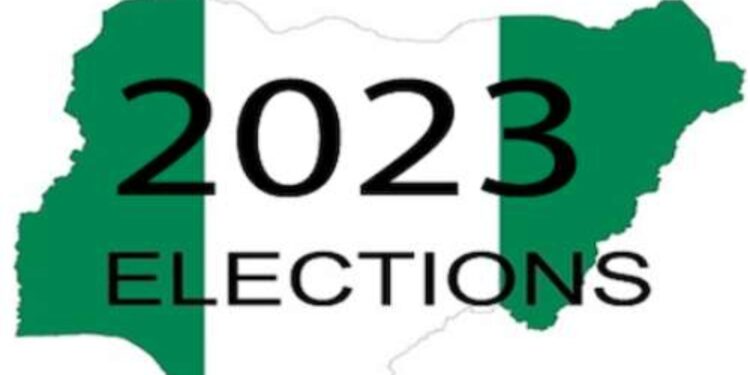The Connected Development (CODE) has expressed mixed feeling over Saturday’s presidential and National Assembly elections.
The Chief Executive of CODE, Mallam Hamzat Lawal, who briefed journalists during the release of the preliminary report on Saturday in Abuja, said that the voters’ turnout was impressive despite some challenges including late arrival of materials and personnel at the various polling units (PUs).
He also said other key issues that affected the election bother around electoral violence, malfunction of the Bimodal Voter Accreditation System (BVAS) machines and attempt to buy votes in many parts of the country.
He said that the developments raised issue on the integrity of the exercise, thus must be addressed.
“We are concerned of security breaches in some parts of the North East. For example, we have noted an issue of voters and INEC staff getting into a fracas in Yola South, in Wauru Jabbe PU.
“We are worried about reports of party agents sharing food which is tantamount to vote buying. We call on voters to refuse any form of inducement and call on INEC to put a stop to it,” Lawal said.
On a positive note, Lawal said the organisation observed voting successfully happening in several PUs across the North-east and South-east.
He said, “The accreditation process is seamless and citizens are able to cast their ballot and priority is being given to the elderly as well as pregnant women.”
“We have reports of citizens trooping out in large numbers to exercise their right. Many of us have prayed for this day to come and a lot of us have invested time, energy and resources to make sure that the electoral process is carried out in tangent with INEC guidelines.
“But we have heard some worrying reports including in the South-east, some of the key issues bother around delay in voting as INEC staff are yet to arrive and voting is yet to commence. We have seen this in LGAs like Umuahia south in Civic Centre Abama Housing estate PU and in Arochukwu Local government, in Amannagwu Hall PU,” he said.
On security, Lawal said that in the North-east (Borno precisely), CODE observers using the Uzabe app methodology reports that electoral violence has disrupted elections.
“Reports have shown that one person has been confirmed dead and another injured in Gwoza LGA, in Gwoza town ward, at PU 005. Reports reaching us is that the violence started as a retaliation to top officials attempting to buy votes,” Lawal said.











